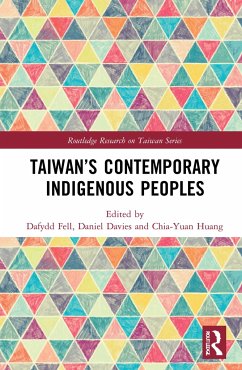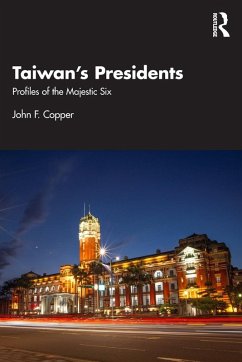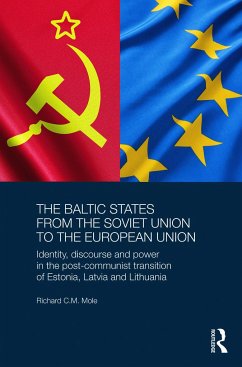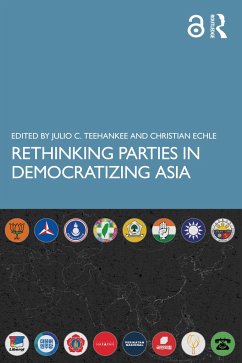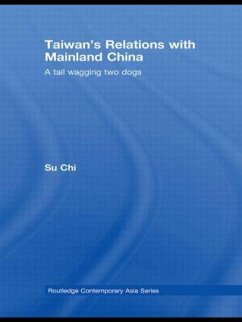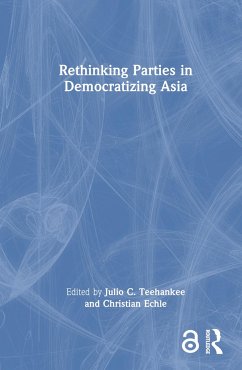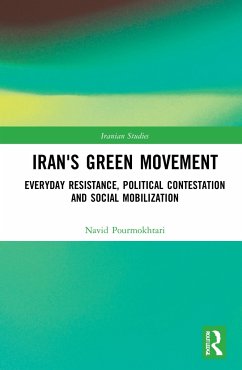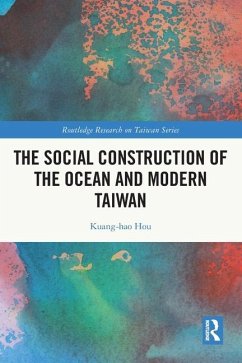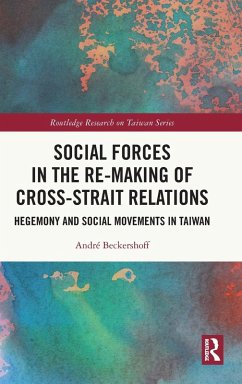
Taiwan's Green Parties
Alternative Politics in Taiwan
Versandkostenfrei!
Versandfertig in 1-2 Wochen
55,99 €
inkl. MwSt.
Weitere Ausgaben:

PAYBACK Punkte
28 °P sammeln!
Examining the Green Party Taiwan (GPT) since its establishment through the aftermath of the most recent national elections in January 2020, this book investigates Taiwan's most important movement party over the last two and a half decades.





